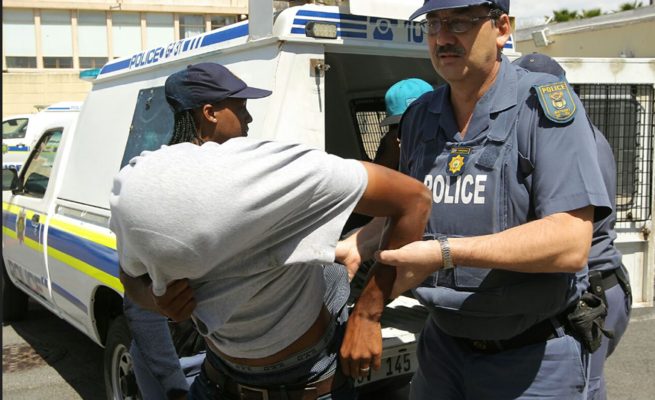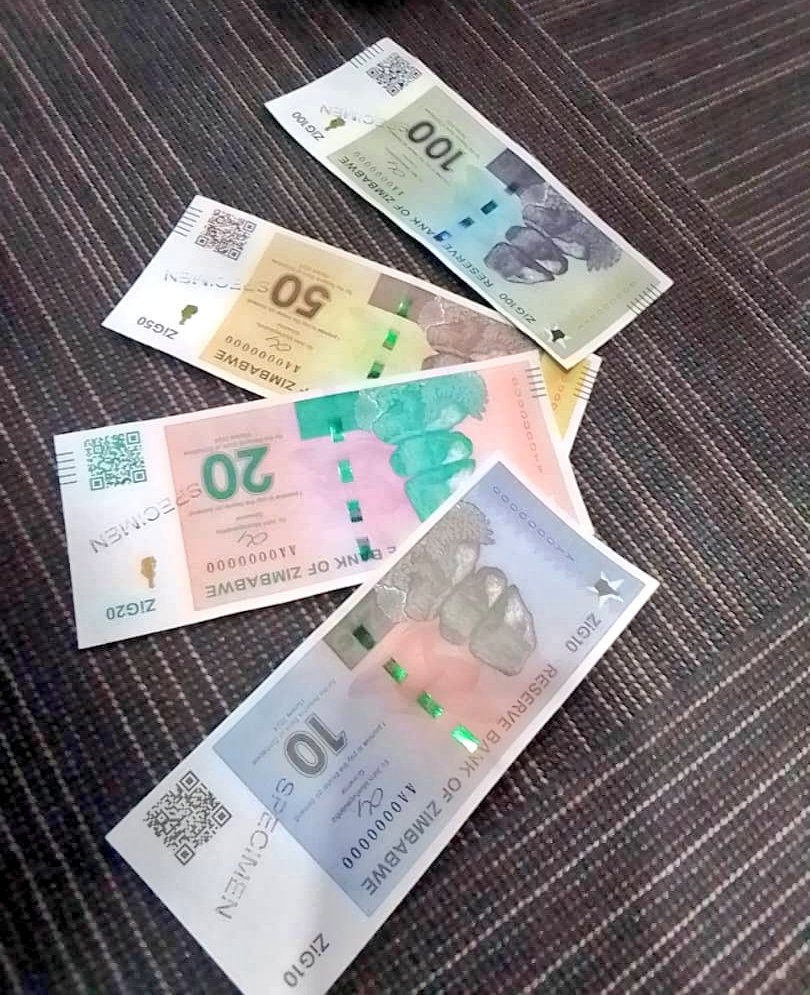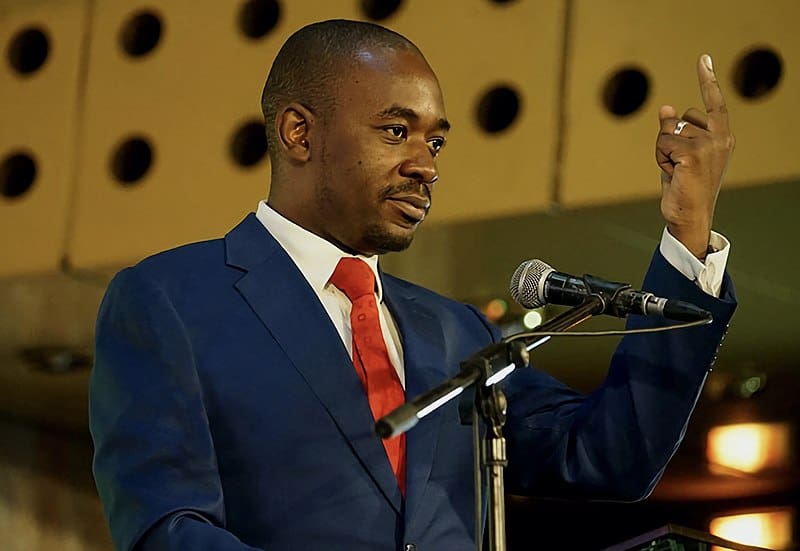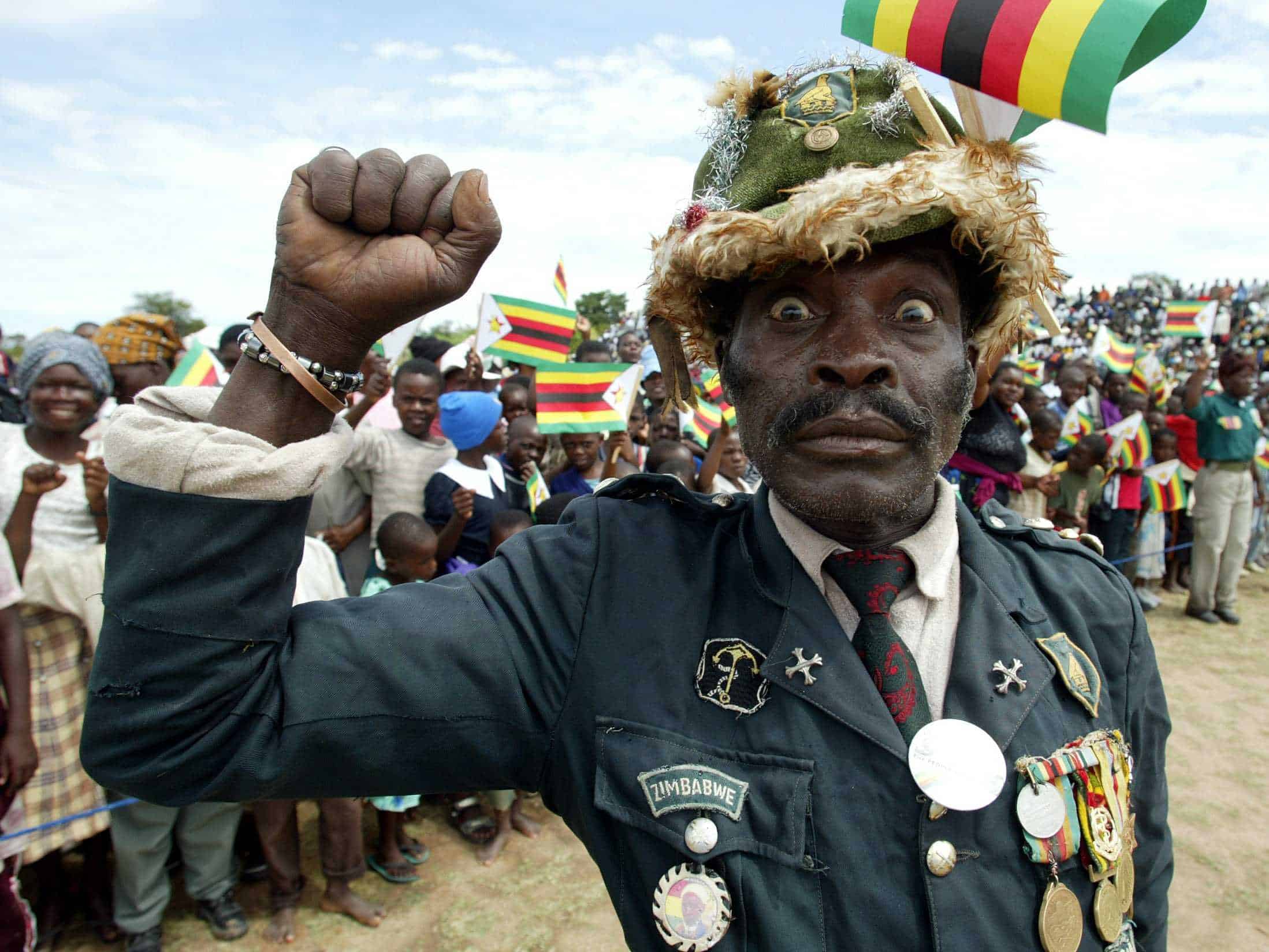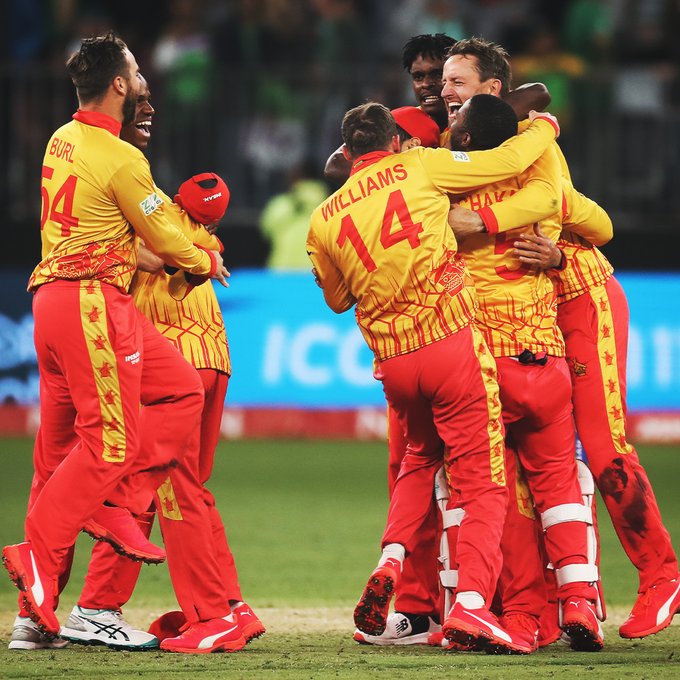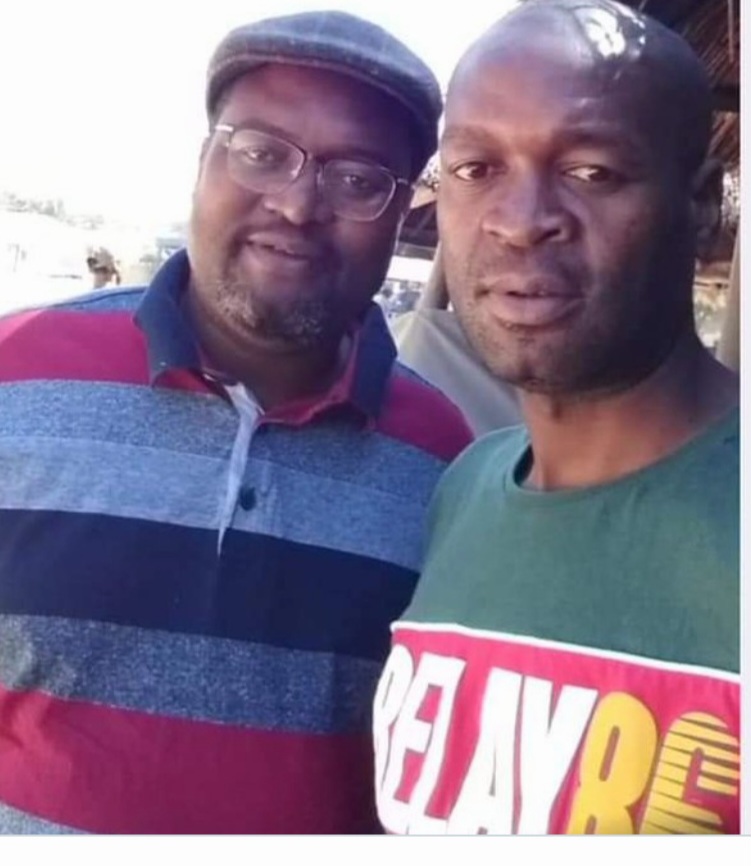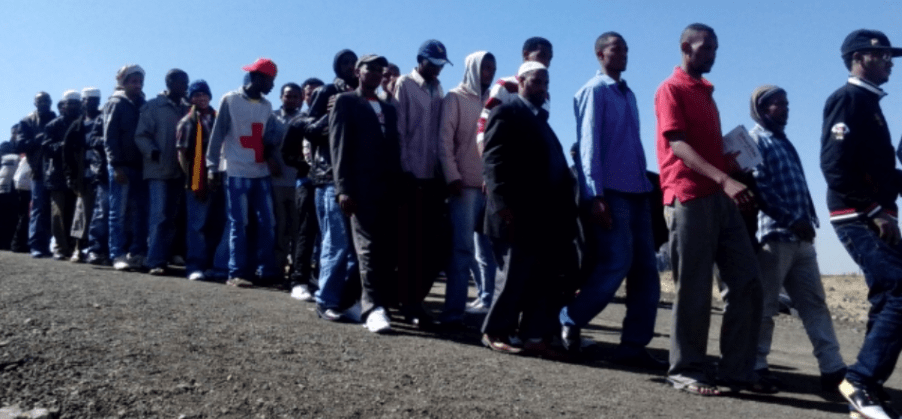Did Econet Wireless actually increased its data tariffs by more than 200 percent???
A statement being attributed to Econet Wireless circulating on social media has drawn a lot of criticism among socialites who came out guns blazing attacking the country’s largest telecoms company.
The statement reads “We would like to inform our valued customers and clients that from the 12th of November, these changes will come into effect.
“Whatsapp 90 megabytes $3 for a week, 250 mb $8 a week and the monthly Whatsapp bundle will be removed until further notice. Thank you
The 90mb weekly bundle was going for $1 before shooting to $3, while 250mb $1 has been increased to $8.”
Mrs Mary Nenhamo said Econet was being heartless by hiking data bundles charges.
“There is no justification to these price hikes, Econet should be sensitive to us,” she said.
Brian Badza also weighed in saying Econet was being inconsiderate.
“I think Econet is taking advantage of its market share to just hike tariff without consultations,” he said.
The price increase have come as a shock to most citizens after the telecoms company which owns Kwese TV this week also closed operations in the country.
Two years after it first launched, Kwese TV, the pay TV service owned by telecoms giant Econet, has shut down its subscriptions model and is cutting off expensive third-party channels.
The service will now essentially only carry free-to-air religious, news and sports channels and will no longer charge monthly subscription fees.
In the two years it operated, Kwese TV garnered tens of thousands of subscribers across more than 12 African countries but likely never got anywhere close enough to DStv which has over 13.5 million subscribers across Africa, with 7 million in South Africa alone.
Kwese TV’s change of tack is a reminder of just how difficult winning significant pay TV market share is in a space dominated by DStv, the satellite service owned by MultiChoice, an arm of South African media giant, Naspers.
Having had a two-decade head-start on most of its competitors, DStv maintains a strong hold on exclusive broadcast rights to the most watched soccer leagues in Africa, including the English Premier League, Spanish La Liga, UEFA Champions League and Italian Serie A. But while soccer is a major attraction, DStv also spends heavily on entertainment content: it has invested millions of dollars in original local content, especially the popular Nollywood, through its Africa Magic channels.
For its part, Kwese attempted to pry market share from DStv by offering exclusive NBA and NFL sports content as well as less popular soccer leagues, but ultimately, it has proven inadequate.
The economics of the pay TV business means unless entrants quickly win subscribers and gain significant cash-flow, maintaining expensive broadcast rights become difficult: Kwese TV has reportedly missed multiple payments on broadcast deals since last year. It’s a recurring failing for many of DStv’s challengers.
source: online



